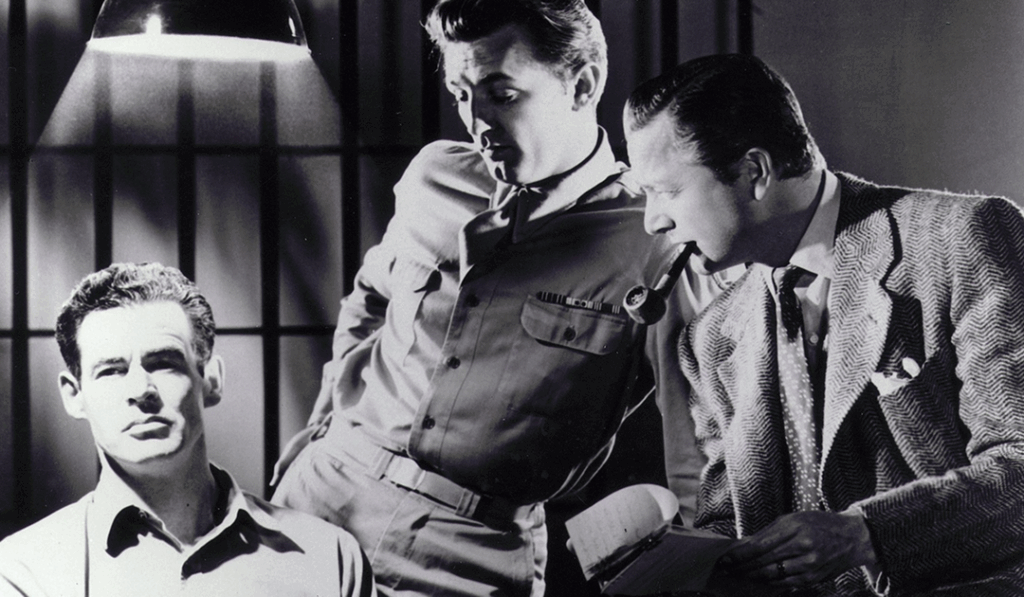Imagine you and a friend are sitting in a restaurant. Someone walks up to you and hands you each $100. Pretty nice, huh? You just went out to dinner and you’re both ahead by $100!
Now imagine that same person walks up to you and your friend and gives your friend $1,000. The person tells your friend, “Here’s the deal: that money is yours only if you two can figure out how to divide the $1,000 in the next 60 seconds. Make your friend an offer. If he accepts, you can keep the money. If you two can’t agree, I take it all back and neither of you gets anything.”
Your friend turns to you and says, “How about I give you $100?”
Remember how happy you were to get $100 just a few paragraphs ago? Do you feel the same way about getting that $100 now? Why or why not? It’s the same $100! How about if he ups it to $150?
If you’re like most people, you will turn down any offer below $200 as not being enough because it’s not a “fair” split of the money. So what is “fair” in these circumstances? You’ve got 60 seconds to decide or else neither of you gets anything.
Studies of fairness have shown that not only will you turn down the offer, but given the opportunity you will seek to punish your friend in the future for his bad behavior. In a situation where you get to make the allocation, you will return the behavior to teach him a lesson. What makes this relevant for us in negotiations is we can find ourselves in situations where, from an economic perspective, the other party should be saying “yes” to our offer because the outcome is “better than nothing.” The other side has moved away from the notion of absolute gain and is instead considering the relative gain: how much is he getting compared to you?
The good news is we seem to have an instinct for this phenomenon because in most studies the opening offer was an even split or close to it. The average first offer was usually 30 percent or more of the pool of money. This highlights the importance of understanding the role that emotion plays in negotiation. The issue is not always “What am I getting out of the deal”; it’s also a question of how that compares to what the other side is getting out of the deal. Our interests in the outcome will have a host of objective measures to meet, but in the end the deal also has to feel “fair.”



